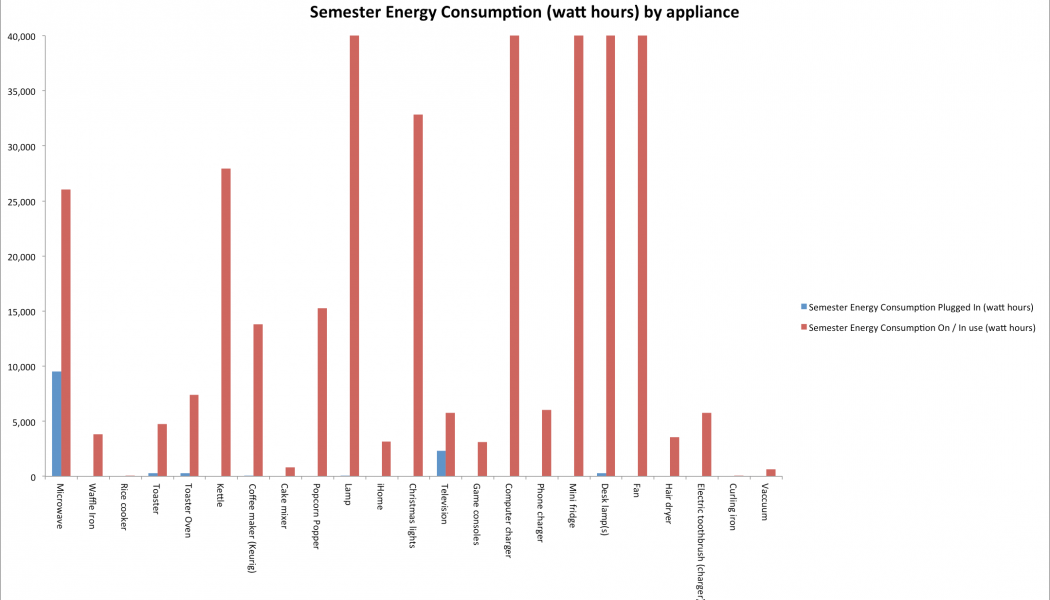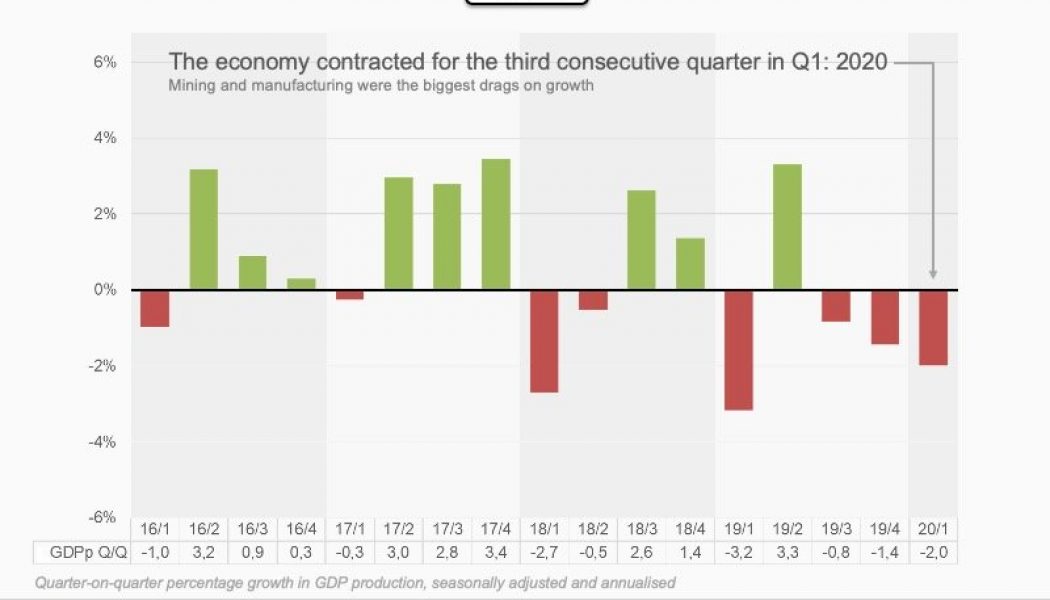Eskom
9 Ways to Save Electricity in South Africa
Image sourced from Brand South Africa In South Africa, load shedding is expected to continue as power demand exceeds supply and more downtime is needed for overdue maintenance of the system. It is estimated that load shedding could have cost South Africa as much as R338 billion over the past 10 years, according to a report from the Council for Scientific and Industrial Research (CSIR). This includes loss of production, where most businesses use electricity for machinery, technology and light to complete the day’s work. To help keep the lights on, here are nine thoughts on how to save electricity: Turn off unnecessary lights and switch to energy-saving LED light bulbs. Additionally, use natural light wherever possible. Take shorter showers – save water as well as electricity. Turn the hot w...
How Alternative Power Solutions could Mitigate Load Shedding
Sourced from the South African. South Africa continues to feel the effects of load shedding, resulting in a decrease in productivity and disruption to business operations. Eskom announced earlier this year that load shedding is expected to continue into 2021 as power demand exceeds supply and more downtime is needed for overdue maintenance of the system. Some of the effects of load shedding include: Damage to electronics: the surge of electricity when the power is returned upsets the steady voltage flow in the electrical system. Loss of production: where most businesses use electricity for machinery, technology and light to complete the day’s work, loss of electrical power means that the day’s target cannot be completed. Data loss: power outages can cause data loss and corruption. Thi...
OECD: South Africa economy could contract 8.2% if second coronavirus wave hits
South Africa’s economy could contract 8.2% this year, and grow just 0.6% in 2021, if a second wave of COVID-19 cases hits the country and its main trading partners, the OECD said on Friday. If a second wave of infections is avoided, the economy will contract 7.5% in 2020 before rebounding 2.5% next year, the OECD said in a report on Africa’s most industrialised economy. South Africa was in recession before the pandemic struck, with recurring power cuts by struggling state utility Eskom and weak business confidence dampening economic activity. President Cyril Ramaphosa’s government has promised to fast-track reforms to raise economic growth potential, but some investors are becoming restless about the pace of change. “South Africa cannot afford to delay reforms. It is essential to undertake...
Indebted Eskom Turns to Sukuk Market for Funding
Sourced from REVE South Africa’s embattled national power utility Eskom has new plans to issue a $58 million (R1 billion) sukuk bond in a bid to diversify funding sources as borrowing costs rise. According to spokesperson Sikonathi Mantshantsha, Eskom has appointed a new lead arranger “to work towards establishing timelines for the issue.” The power utility currently has over R450 billion in debt and has yet to announce further plans to ask the South African governments for additional capital injections. What is a sukuk? According to IOL, a sukuk is a Shariah-compliant investment and an attractive alternative to conventional bonds. For all intents and purposes a sukuk – Arabic for ‘investment certificate’ – is issued for the purpose of raising money for utilisation within a corporation or ...











